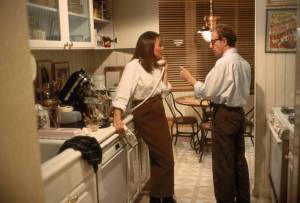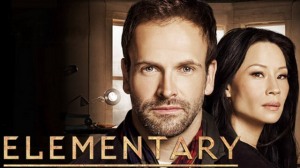I write fiction – to date eleven novels in the Jeri Howard series, two in the California Zephyr series, and one standalone. I have two works-in-progress.
I make this stuff up. But when it comes to details, I like to sound as though I know what I’m talking about. So I research a variety of subjects, depending on the plot, setting and characters that feature in my books. Sometimes this involves a lot of reading but other times it involves getting out of my office. The research takes me down twisty paths and I find out things I didn’t know, information that makes its way into my writing.
As a longtime fan of Dick Francis, I always wanted to write a horseracing novel, but when I started A Killing at the Track, the ninth Jeri Howard novel, it quickly became clear how much I didn’t know about the Sport of Kings. Watching the Kentucky Derby on TV is one thing. So is watching live racing from the grandstand. Writing about the day-to-day life on the backside of a racetrack is another.
How to solve my research dilemma? A friend of a friend knew someone who trained racehorses. Which is how I found myself at Bay Meadows racetrack in the early hours one morning, for a day of following a trainer around the backside. I met jockeys, a vet, a jockey’s agent, and the Clerk of the Scales, who gave me a tour of the jockeys’ locker room. The last was unexpected, and it made its way into the book.
When I was researching Death Rides the Zephyr, the first book in the California Zephyr series, I took a special excursion train up the Feather River Canyon, the route of the old California Zephyr, not the Amtrak version. That gave me the experience of traveling on a Pullman car. I also rode Amtrak’s Zephyr several times back and forth to Colorado, during the winter, seeing the frozen and isolated landscape of the Colorado Rockies, and getting a sense for what my characters would see out the window of the train, because that’s where much of the action takes place.
I visited the Western Pacific Railroad Museum, where I drove a locomotive under the watchful and patient tutelage of one of the museum volunteers. My main character in the Zephyr books is a train employee called a Zephyrette. I was fortunate to interview two women who had worked as Zephyrettes and the information they gave me was invaluable in writing the books.
Right now I’m working on the twelfth installment of Jeri Howard’s adventures, a book titled Water Signs. Jeri’s back on her familiar Oakland, California turf and the research involves looking at the city’s waterfront and the development that’s going on now. Who knows where it will lead me? Maybe out on the estuary, in a boat!
Filed under: Uncategorized | Tagged: California Zephyr, fiction, horseracing, Lea Wait, mystery writers, research, trains, writing, writing process, Zephyrettes | Leave a comment »

















